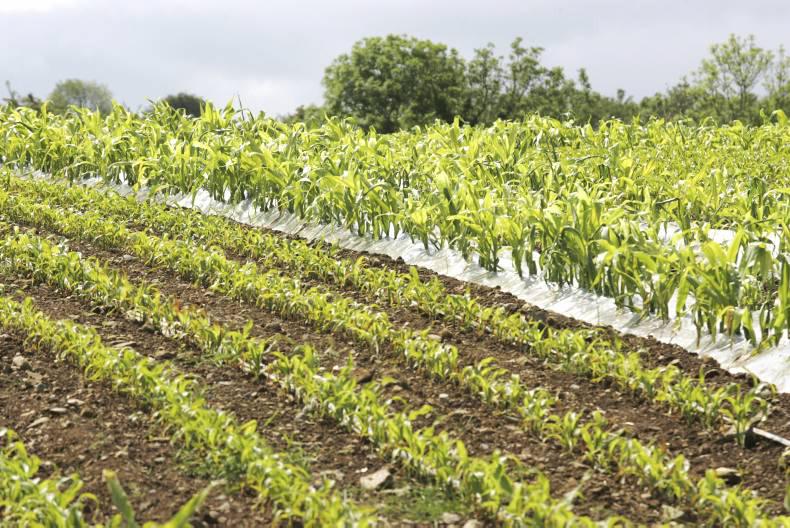A meeting of the Special Committee on Agriculture (SCA) in Latvia last week failed to reach a provisional agreement on reforms proposed for the EU organic sector.
This is the second meeting of officials this year that has failed to secure an agreement on this issue.
The main point of contention at the latest meeting was the presence of non-authorised substances in organic food and decertification thresholds.
One of the compromises proposed on this issue was that Member States should have the option of applying their own existing rules on thresholds for pesticide residues for decertifying organic products until 31 December 2021.
The idea was proposed by Belgian Federal Minister Willy Borsus who said consumers would lose out if control authorities allowed organic foods with non-authorised substances to be sold under the organic "LEAF" (Linking Environment And Farming) label.
"It's a question of confidence for the consumer," he said. "Our goal is to protect the consumer and the quality of the product."
However, a number of Member States, such as the Czech Republic and Italy, said a voluntary approach to continue national systems on decertification would introduce disparity among countries and go against EU harmonisation.
Moreover, Danish, German and Austrian delegations said the move would disrupt the functioning of the internal market.
The other issue that was discussed at the meeting was the frequency of controls. Most Member States were willing to reach an agreement on this plan, which would allow inspections to be targeted over two years for compliant or low-risk organic producers. However, some Member States, including the Netherlands, said they would prefer to see a three year interval on low risk holdings.
The Presidency is expected to table a new compromise next week ahead of the Farm Council in Luxembourg on 16 June, but there will be no further meetings of the SCA until 29 June.






 This is a subscriber-only article
This is a subscriber-only article










SHARING OPTIONS: